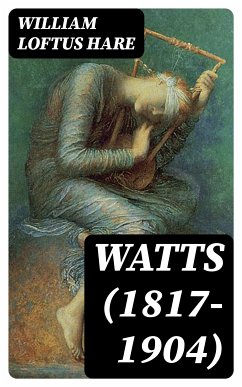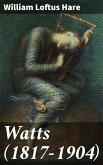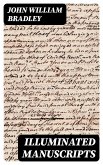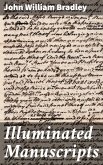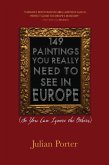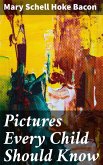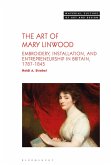In "Watts (1817-1904)", William Loftus Hare intricately explores the life and contributions of the eminent poet and philosopher, Isaac Watts, illuminating the profound impact of his works on the landscape of English literature and hymnody. Hare's narrative style is imbued with scholarly precision, deftly weaving biography and literary analysis to contextualize Watts within the broader tapestry of 18th-century England. The book is enriched with discussions about Watts' innovations in religious thought and poetic form, illustrating how his evolution of hymn lyrics set a foundational precedent for future generations, while situating his work against the backdrop of the Enlightenment and emerging Romanticism. William Loftus Hare, an accomplished literary scholar with a rich background in historical analysis of religious literatures, draws upon extensive research and a personal passion for the study of hymnology and spiritual poetry. His deep-rooted understanding of Watts' influence on both religious and secular spheres reflects his own appreciation for the intricate relationship between faith and artistic expression, thereby enriching his portrayal of Watts' philosophies and writings. This book is highly recommended for scholars, students, and general readers interested in the evolution of religious poetry and its cultural significance. Hare's insightful analysis not only revives Watts' historical importance but also prompts readers to consider the enduring relevance of his work in contemporary discussions surrounding faith, creativity, and morality.
Dieser Download kann aus rechtlichen Gründen nur mit Rechnungsadresse in A, B, BG, CY, CZ, D, DK, EW, FIN, F, GR, H, IRL, I, LT, L, LR, M, NL, PL, P, R, S, SLO, SK ausgeliefert werden.

